Ship of Theseus is the one film and the only film where I was part of an audience which gave a standing ovation after the movie ended. It seemed ridiculous at the time, but I guess it very moving for many people. The slow and subtle film however was surprisingly enduring, and a couple of weeks later I stumbled upon an interview of Anand Gandhi. The only reason I watched the interview was because he is the director of the movie.
Anand Gandhi is well read, well researched, with a library of thoughts, ideas and facts, deep insights. Hence any hour spent watching his interviews/talks is an hour well spent.
This interview in particular (If I get a link I will post it) has stayed with me because it shattered my concepts of a crucial aspect of life: decision making.
Till then I had a very limited and linear understanding of decisions. My exploration of the ideas of ‘decision’ was limited to the ideas of free will. Do we have a choice or is fatalism embedded in this world. The movie deliberates the idea of free will with a fascinating example. The movie talks about a fungus which enters the body of an ant invading the brain and modifies the sense of smell. Since ant’s life revolves around smelling pheromones, by controlling the sense of smell the fungus effectively takes control of the ant. It then convinces the ant to climb up a plan and bite a leaf with a very high force. This attaches the ant permanently with the leaf with the fungus using it as a cozy home. The fungus grows in the hosts head, eventually rupturing it and blowing out spores in the wind for further propagation. The fungus chooses the plant and the location based on what is conducive to its growth and propagation, yet all this while the ant feels total control. For the ant, all are its decisions and though ultimately self detrimental the ant is convinced enough. So is there a free will, or can a simple chemical in our brain alter our logic? Why do we do the things we do?
Where an entire stream of marketing is devoted to manipulating customer behavior. Going beyond people’s need, they venture into creating a need, convincing people to buy unnecessary things. And since such manipulations are hugely successful, this begs the question, do we really have free choice, if we are easily manipulated!
I had dabbled with ideas of free will previously and it was obviously fascinating. However the real impact of the interview was in shattering my linear understanding of the mechanism of decision making. Maybe it was the education I have received, the thousands of ‘give reason’ questions answered in examinations or the Bollywood movies that I had seen or the way I had listened to elders talk. The result of such a conditioning was that I always thought of a decision as, “I did this because of that”. A very linear understanding of a decision as something underpinned on one or two crucial facts. Something to be explained as short ‘give reason’ question. Always we attempt to rationalize a decision and present it in hard logic. I did engineering because I was good in math and science. Some might say I did engineering because my parents told me to. I left the job because I had a fight with my manager. We have incredible specificity in our reasoning.
Treating decision as a physics mechanism of cause and effect. Every decision is measurable, explainable, as if a mathematical equation governs it.
Anand Gandhi challenged this notion and he explained that in the movie when the monk changes his decision to relinquish his fast, as a director-writer he refrained from creating any simplistic answer. No poignant scene, no single moment, no single convincing explanation, no visual explanation, no explanatory dream, not even a single sentence is said by the monk. He takes the decision in complete silence. We feel the gravity in the silence. Decisions are non linear, they are cumulative, a series of factors that shape the thinking leading up to the decision. No single information is crucial, it is easy to rationalize by highlighting a decision as a consequence of a single crucial information, but reality is different. Each experience we have, each information we gain, contribute. We do a huge disservice to ourselves if we explain away our decisions in a linear structure. Because let’s face it, we can rationalize pretty much anything!
Our single decision could be a result of hundreds of events or it could be simply irrational.
Another important point elaborated about the monk in the movie is that in the first half the story the monk is very talkative, very convinced about his work, ideas and ready to debate his views, however in the second half he becomes more silent, he listens more. We can see the transformation, we can call it as a spiritual transformation. Maybe the monk was already with some doubts about his original decision, and series of events, information, even the pain in his body, pushed him to alter his decision, but the key thing is that he had an open mind, an elastic mind, he was ready to consume contrary views and contemplate, rather than dogmatically argue his own views.
Hindu philosophy talks a lot about our karma and some say what we get in life is because of our karma. Karma is like the spiritual currency we have that controls the outcomes of our life in some way.
However one way to look at it could be that karma is just as the life experiences we have, the information we consume, the knowledge we pursue, the acts we do. All these shape us, shape up into us, our personality and importantly our decision making. The summation of us, is hence reflected in every decision of us and thus reflected even the consequence of our decisions. Hence, understanding the mechanism of our decision could be a journey in understanding ourselves, who we are.
After all the main purpose of philosophical inquiry is to define and answer the question who we are and what is our place in the larger context of the universe? The latter part of the question may require deep exploration, both spiritual and materialistic exploration. Maybe some large laboratories, telescopes, huge reading, etc But the answer to the earlier part of the question could be within us, exploring the mechanism of our decisions. Again important to make the distinction between the decision itself and the mechanism of the decision. The decision is momentary, again linear, and only a small speck in the larger domain, the mechanism is about who we are, and why do we think the way we think and why we do what we do.


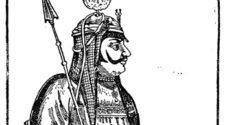

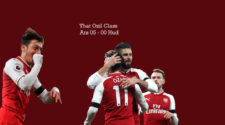
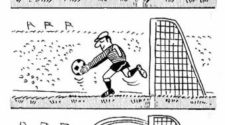
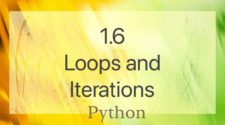
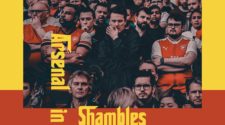
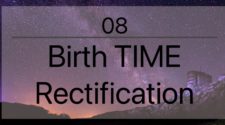

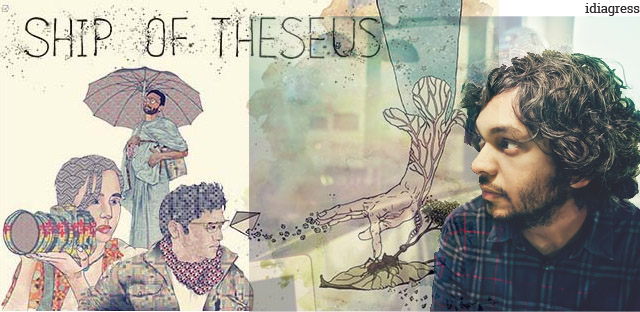

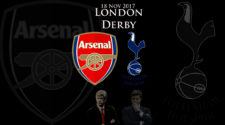
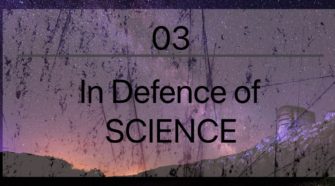
No Comment